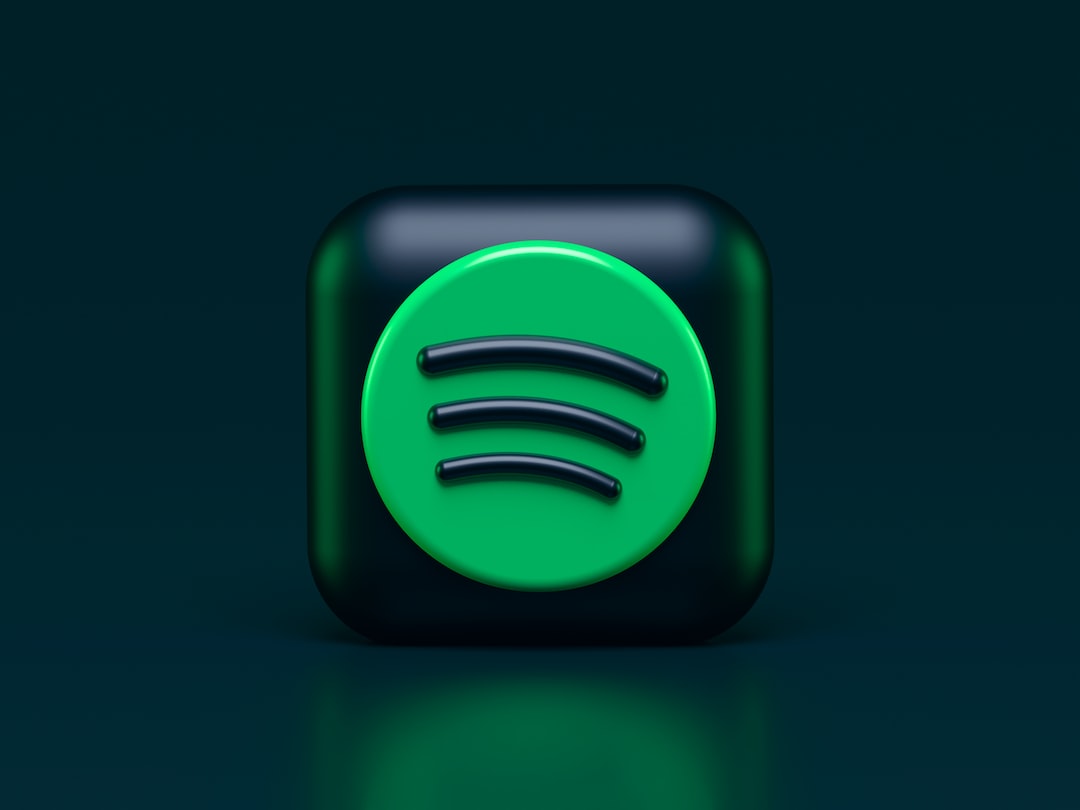The Impact of Streaming Platforms on the Music Industry
In recent years, the rise of streaming platforms has revolutionized the way we consume music. Gone are the days of purchasing physical copies of albums or illegally downloading songs off the internet. With just a few clicks, we can now access an almost unlimited library of songs and discover new artists from around the world. However, this shift in music consumption has had both positive and negative consequences for the industry.
Let’s start with the positives. Streaming platforms have undeniably made music more accessible than ever before. With a simple subscription fee, users can listen to their favorite songs on demand, create personalized playlists, and discover new music tailored to their preferences. This has democratized the music industry, allowing independent artists to reach a wider audience without the need for a record label or expensive marketing campaigns. In the past, talented musicians often struggled to get their music heard, but now, they can upload their songs to streaming platforms and potentially find a dedicated fan base.
Streaming platforms have also provided a steady revenue stream for artists, especially in an era where physical album sales have drastically declined. While the revenue generated from streaming services might not match the earnings from record sales in the past, it offers a more sustainable income for musicians in the long run. Moreover, these platforms provide valuable data and insights that help artists understand their audience better. They can analyze which songs perform well, where their listeners are concentrated, and even gain insights into the demographics of their fan base. This information can inform their decision-making process and aid in building a loyal following.
Another positive impact of streaming platforms is the way they have changed the way we discover music. Before, our options were limited to what the radio played or what CDs were available at the local record store. Now, with curated playlists, algorithmic recommendations, and a plethora of user-generated content, we can explore music from all genres and eras without leaving our homes. This has breathed new life into older or lesser-known artists, allowing their music to be discovered and appreciated by a whole new generation.
However, for all the positive aspects, streaming platforms have also raised concerns within the music industry. One of the major issues is the compensation artists receive from streaming services. Despite the massive number of streams, many artists have reported receiving relatively low royalty payments. This has led to debates about fair compensation and the distribution of revenue between artists, labels, and streaming platforms themselves. While some argue that revenue from live performances and merchandise sales compensate for the lower streaming payouts, others believe that artists should receive a larger share of the revenue generated by their music.
Streaming platforms have also significantly changed the way music is made and consumed. As songs are increasingly released as singles rather than full-length albums, creativity and artistic exploration can be compromised. Artists may feel pressured to produce hit singles that will perform well on streaming charts, ultimately affecting the creative process. Moreover, the shortened attention span of listeners, who often jump from one song to another, makes it harder for artists to captivate and engage their audience with deeper, album-length projects.
Another concern is the impact on record stores and physical music sales. With the rise of streaming, many record stores have shut down, and the sale of physical albums has declined significantly. For some music lovers, holding a vinyl record or a CD is an experience that cannot be replicated by digital platforms, and the loss of physical music has been felt deeply. While streaming offers convenience and accessibility, it has also led to a decline in physical music sales and the culture surrounding physical music collections.
In conclusion, streaming platforms have undoubtedly had a profound impact on the music industry. They have made music more accessible and provided opportunities for artists to reach a larger audience. However, they have also raised questions about fair compensation, altered the creative process, and impacted physical music sales. As the music industry continues to adapt to this new era, it is essential to strike a balance that benefits both artists and listeners, ensuring that the art of music continues to thrive in the digital age.
